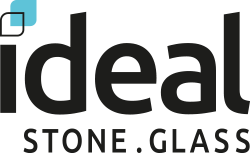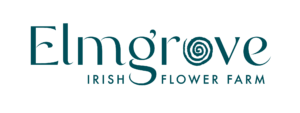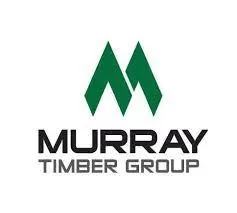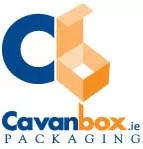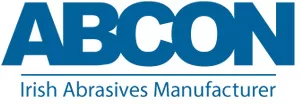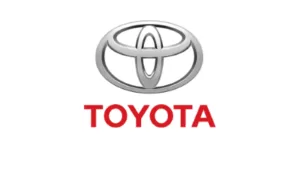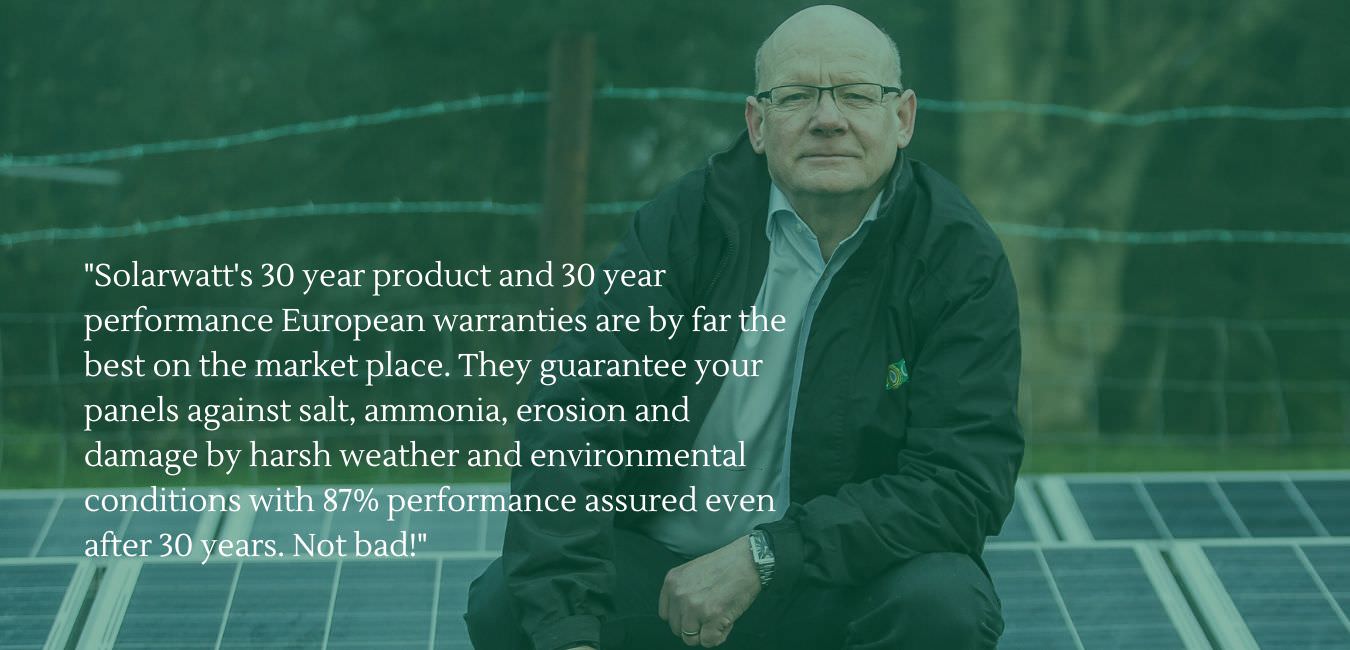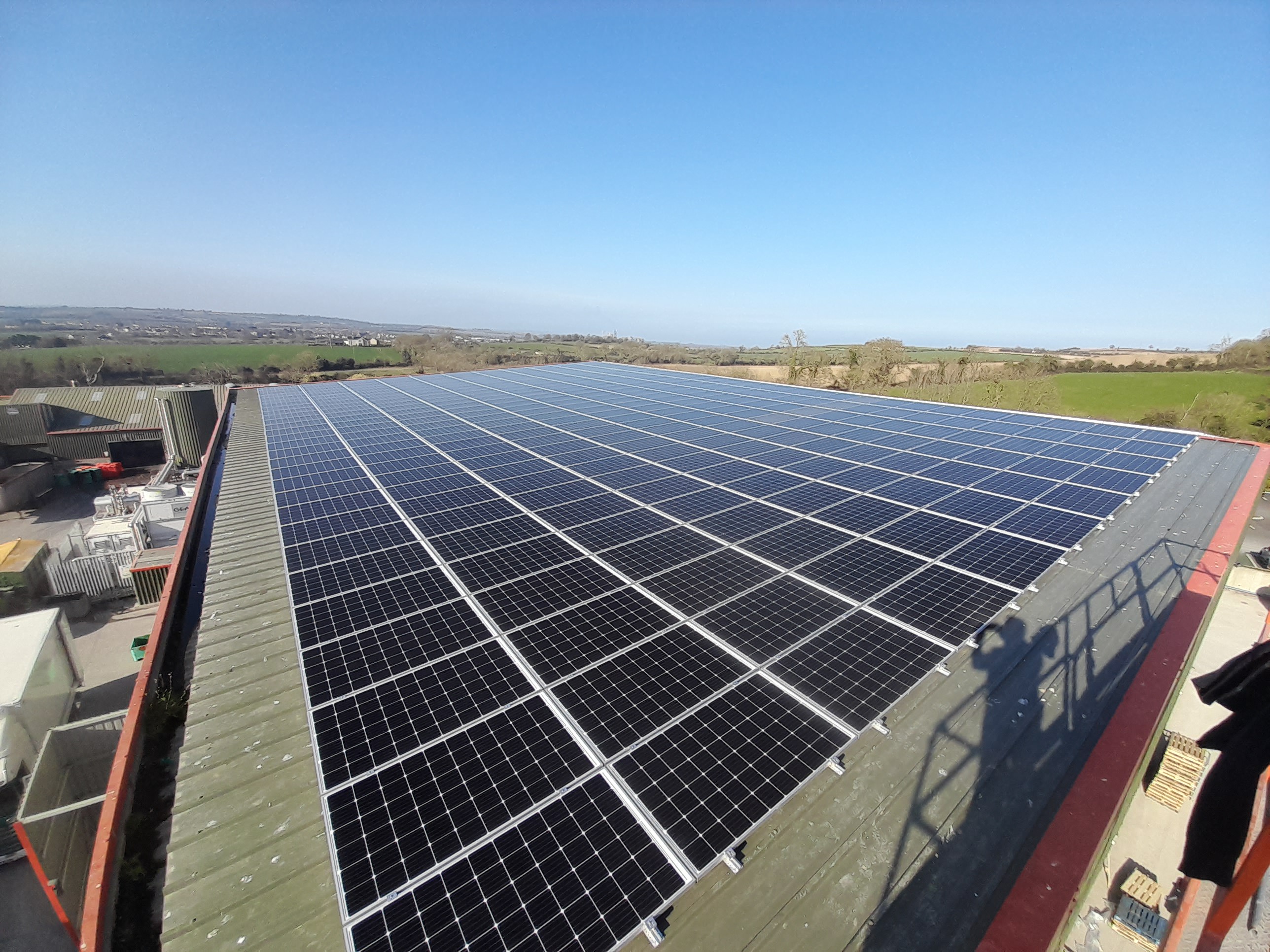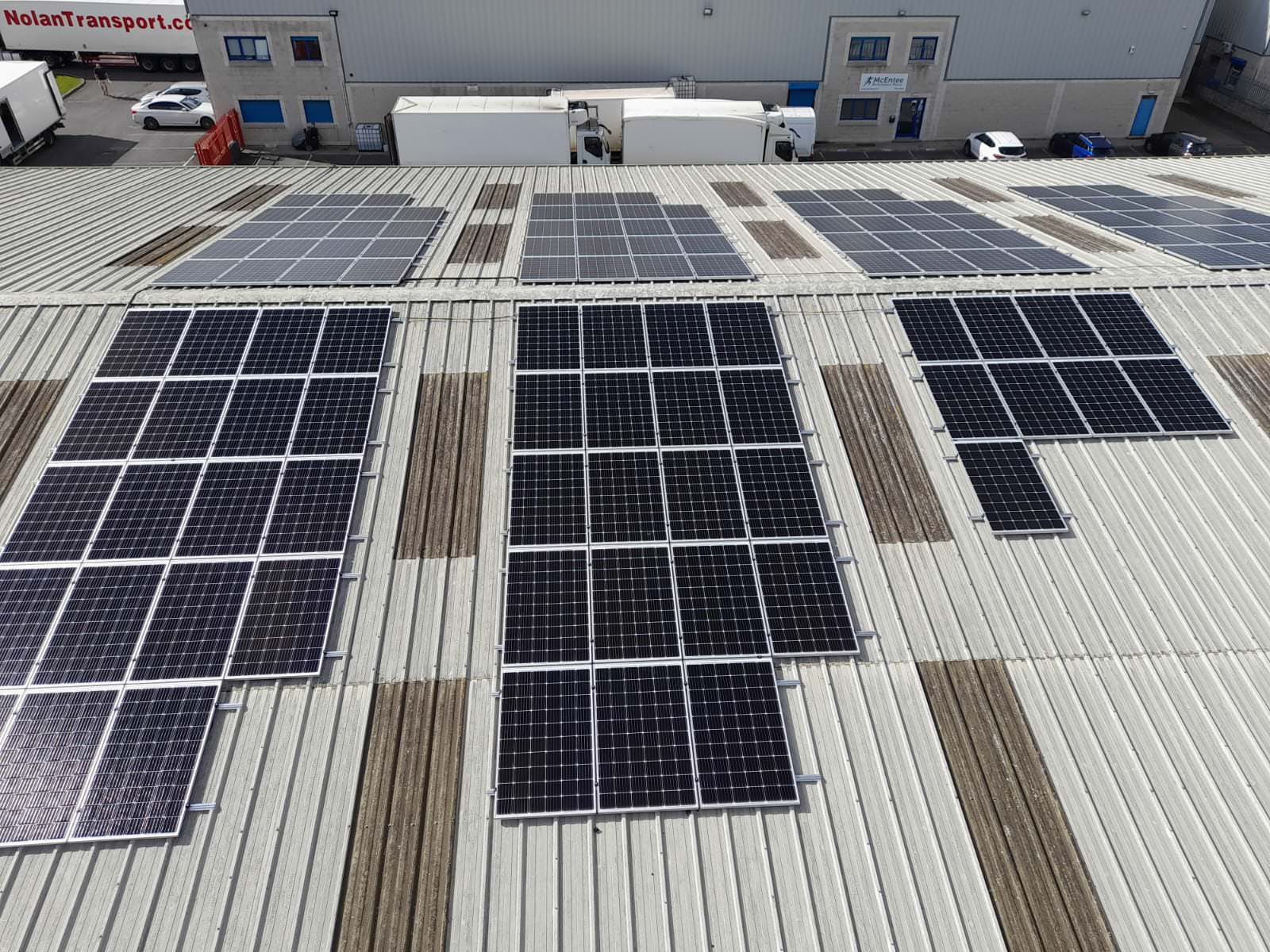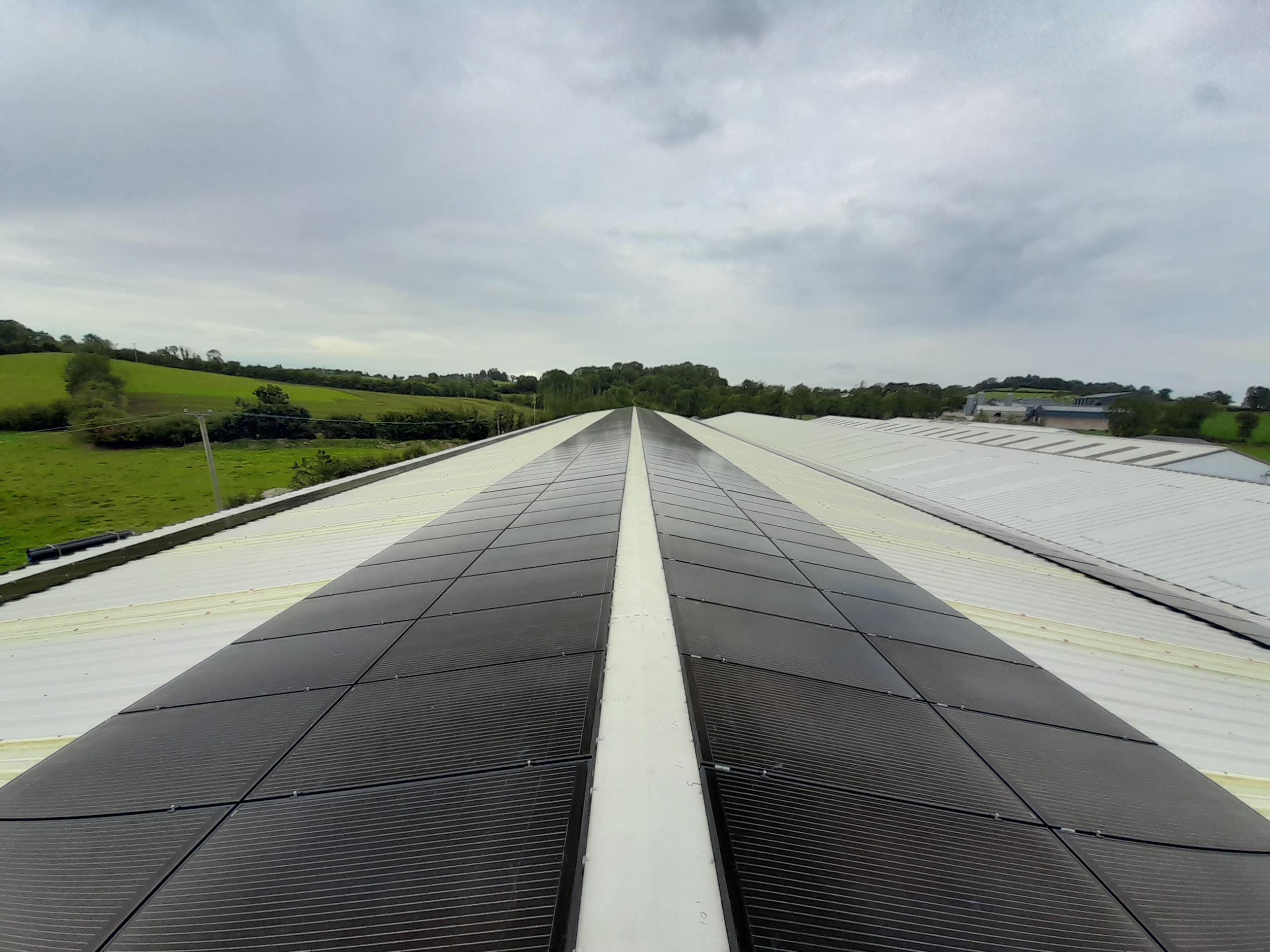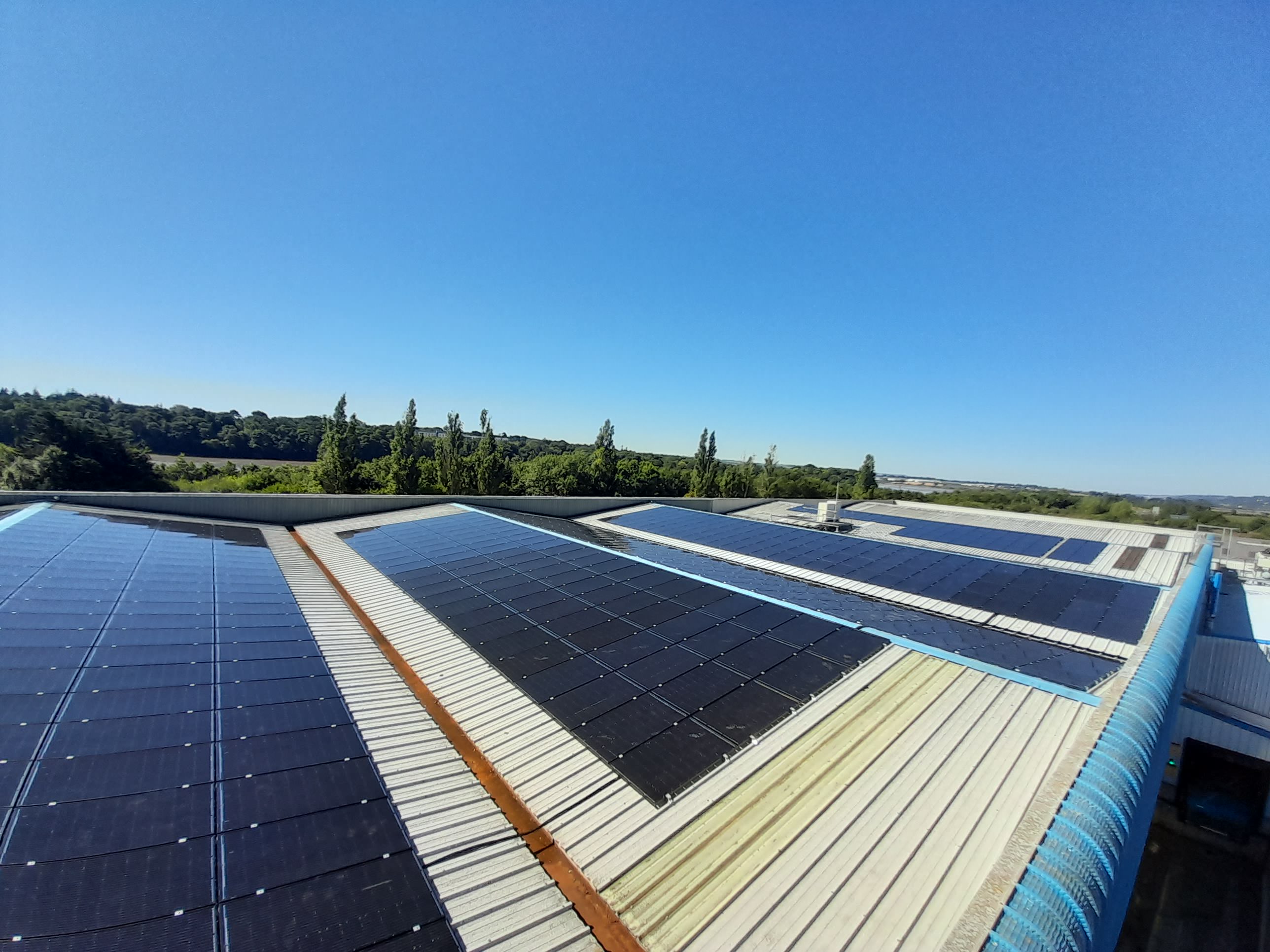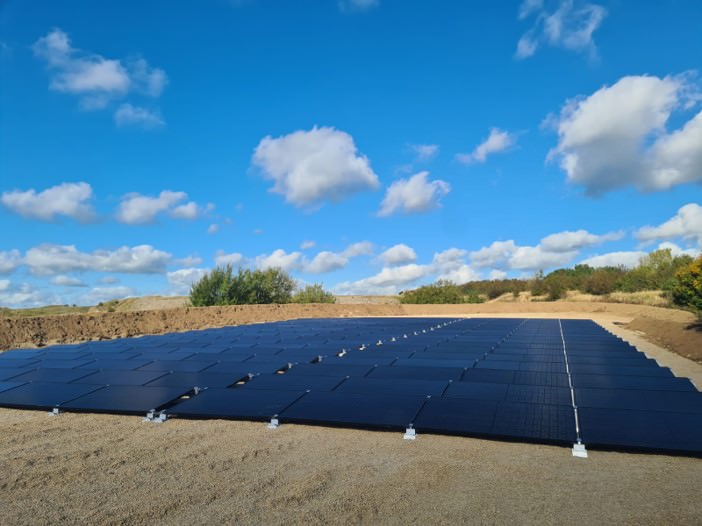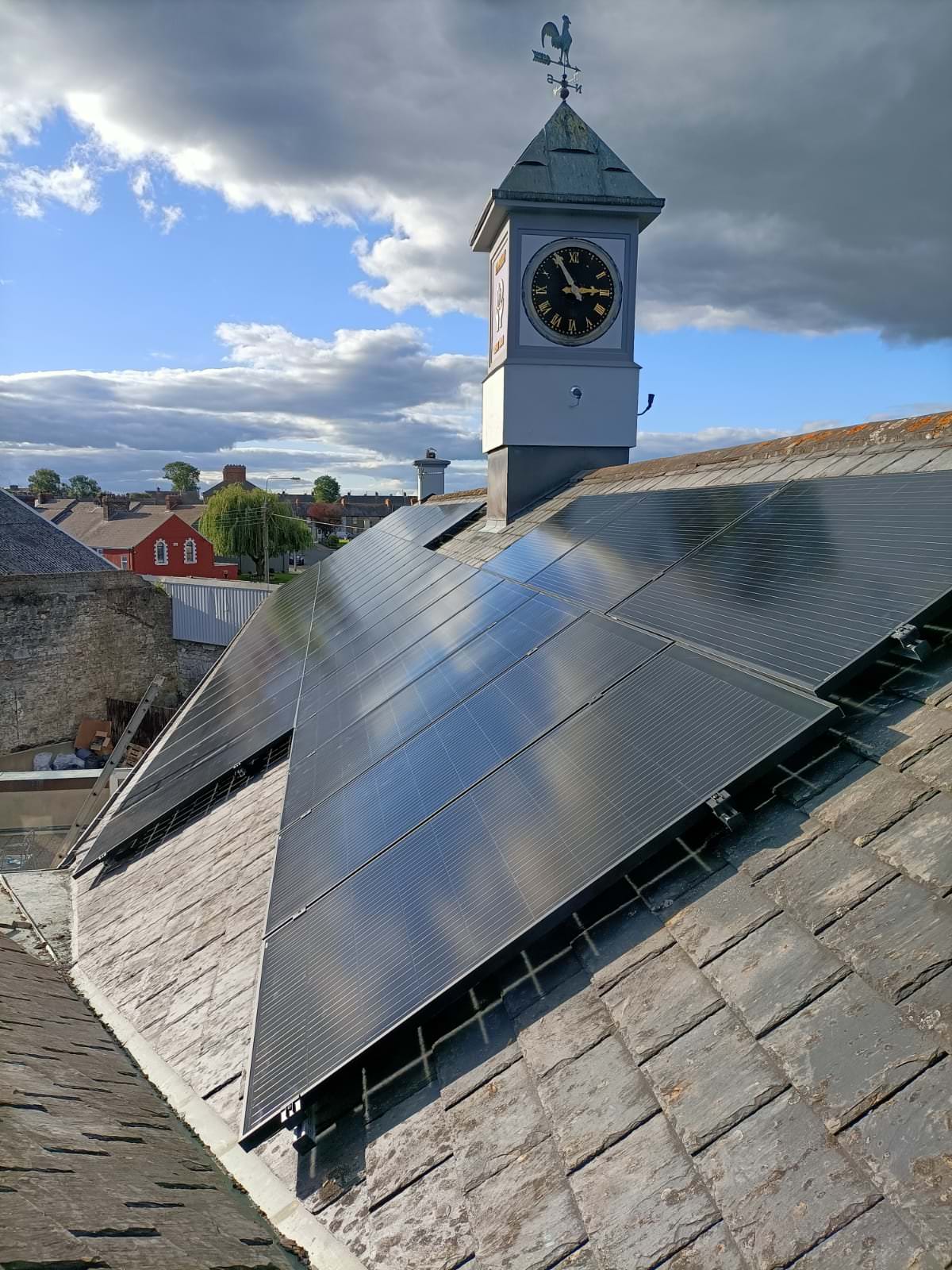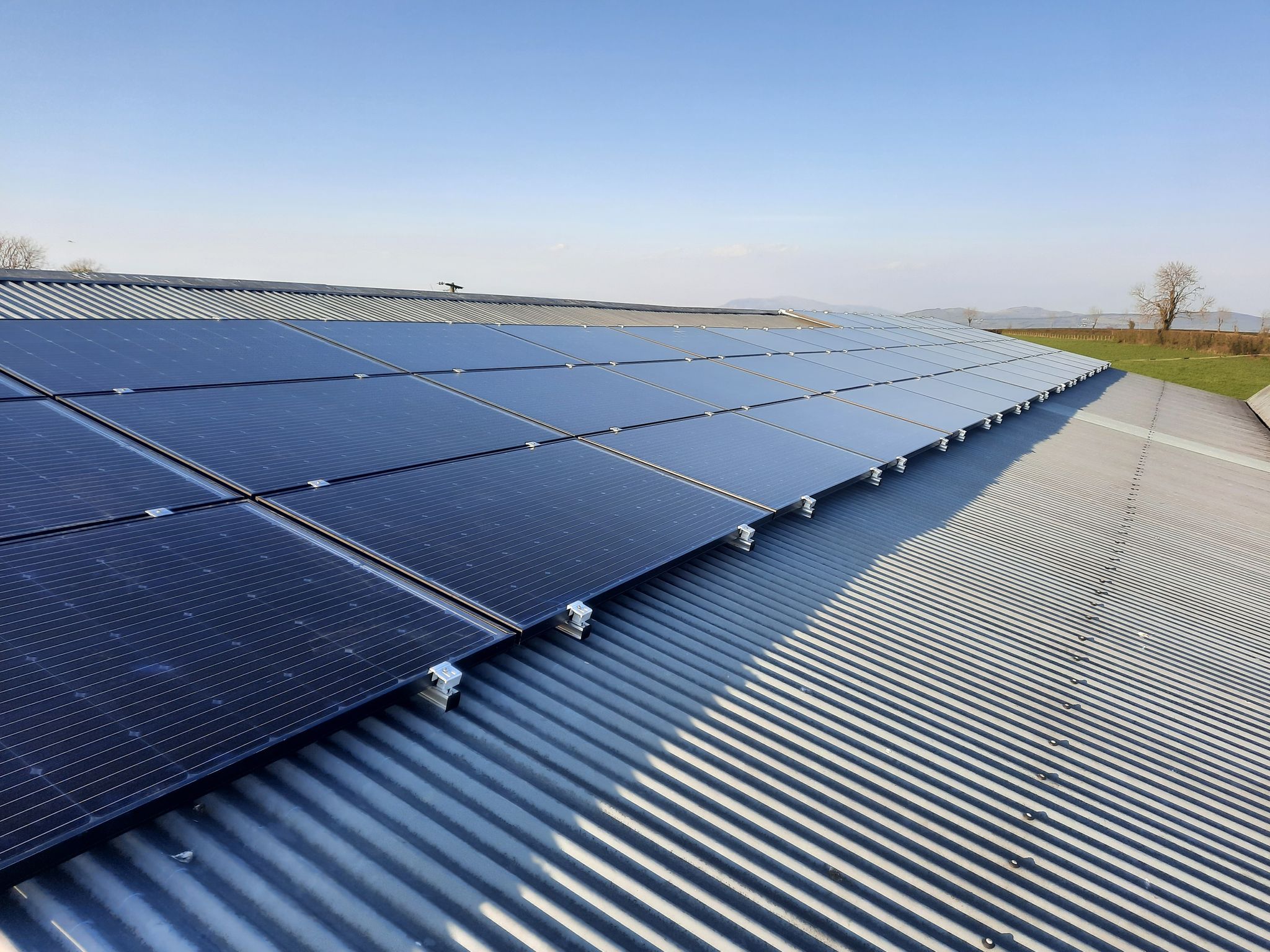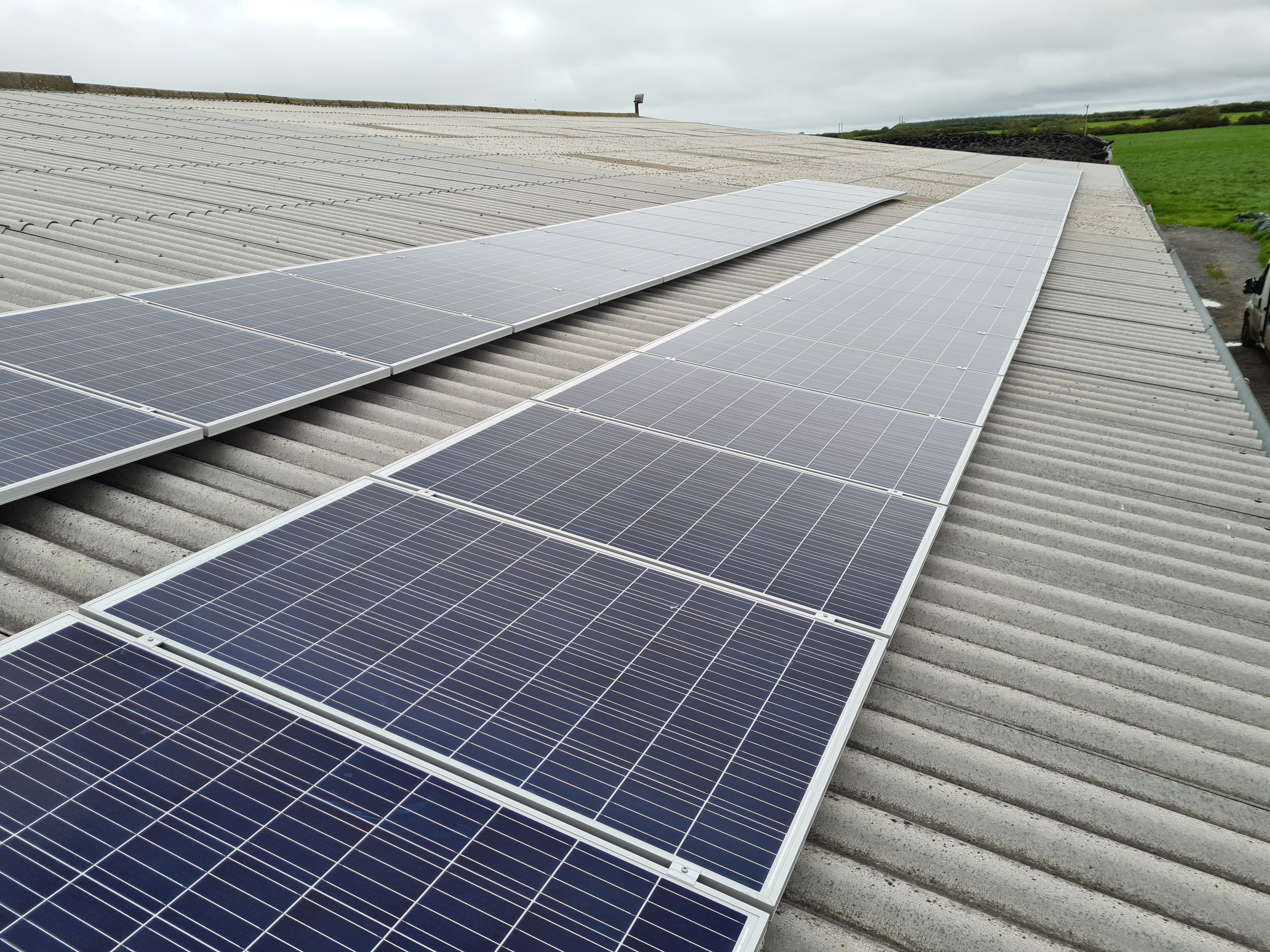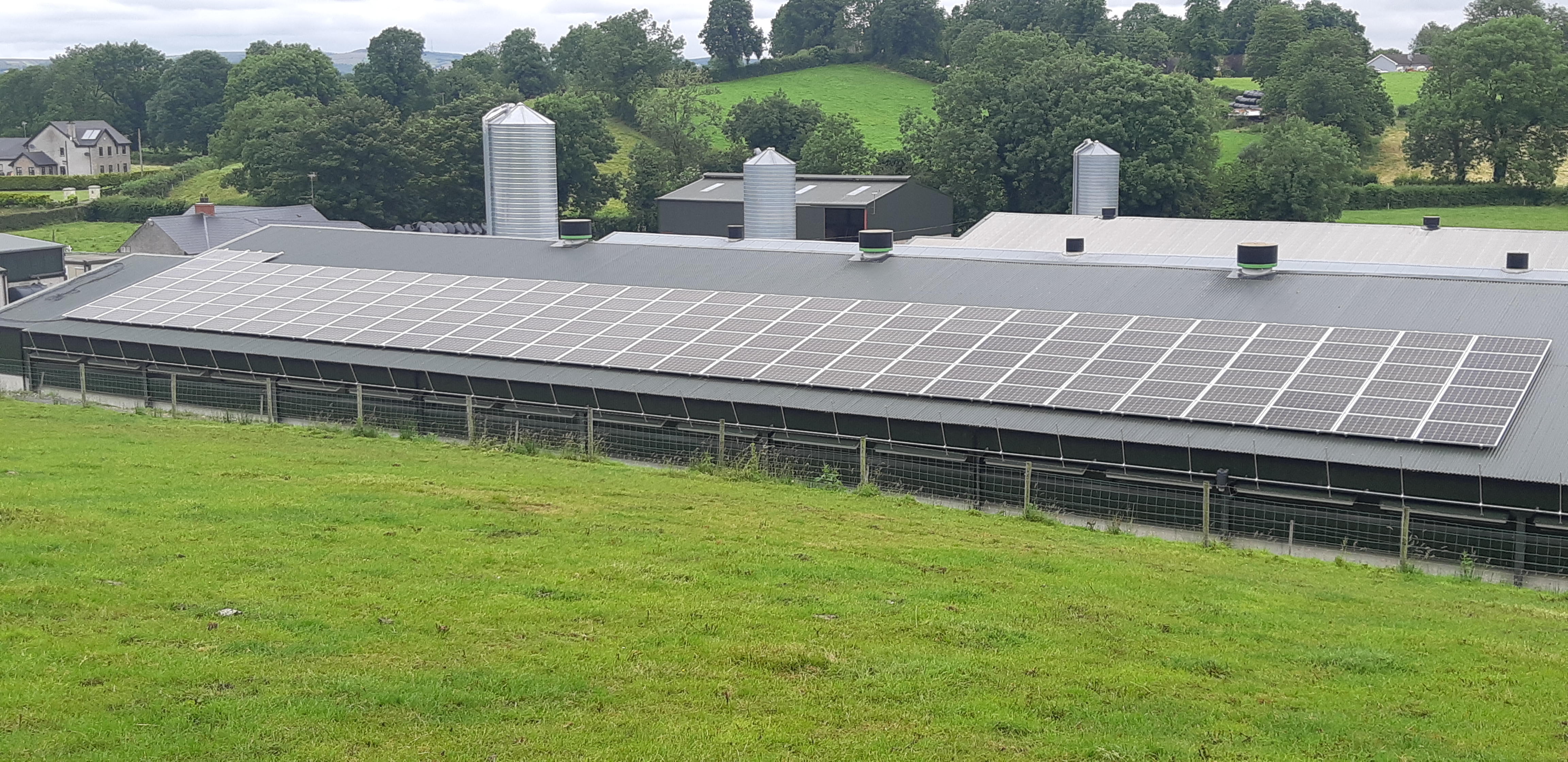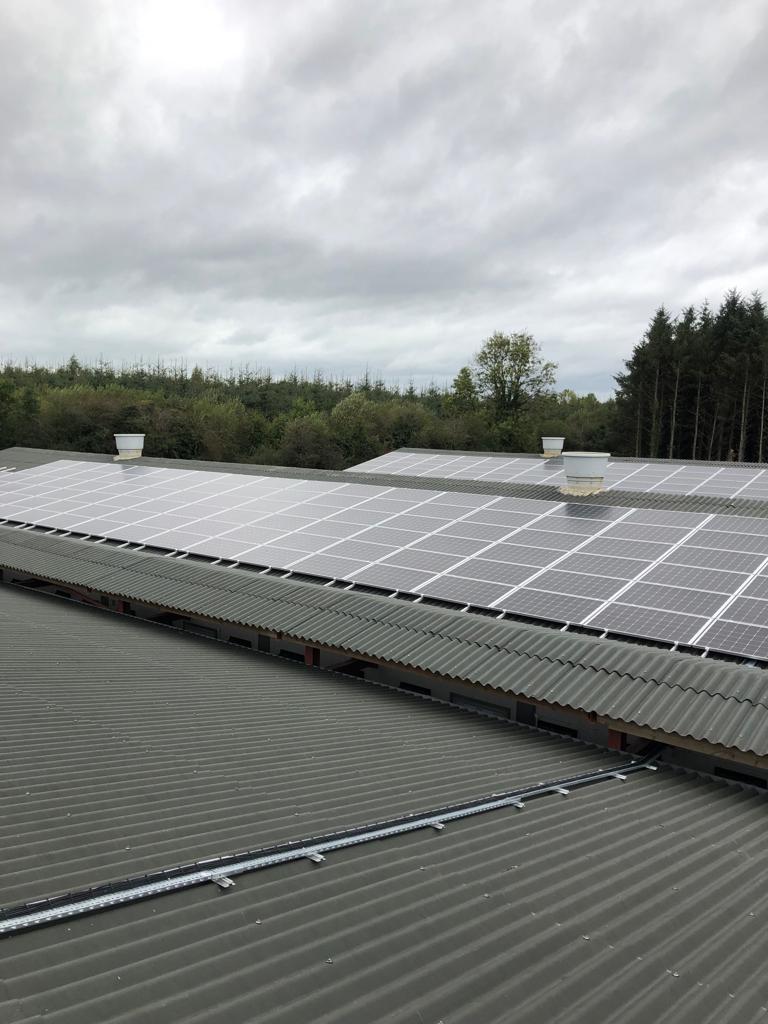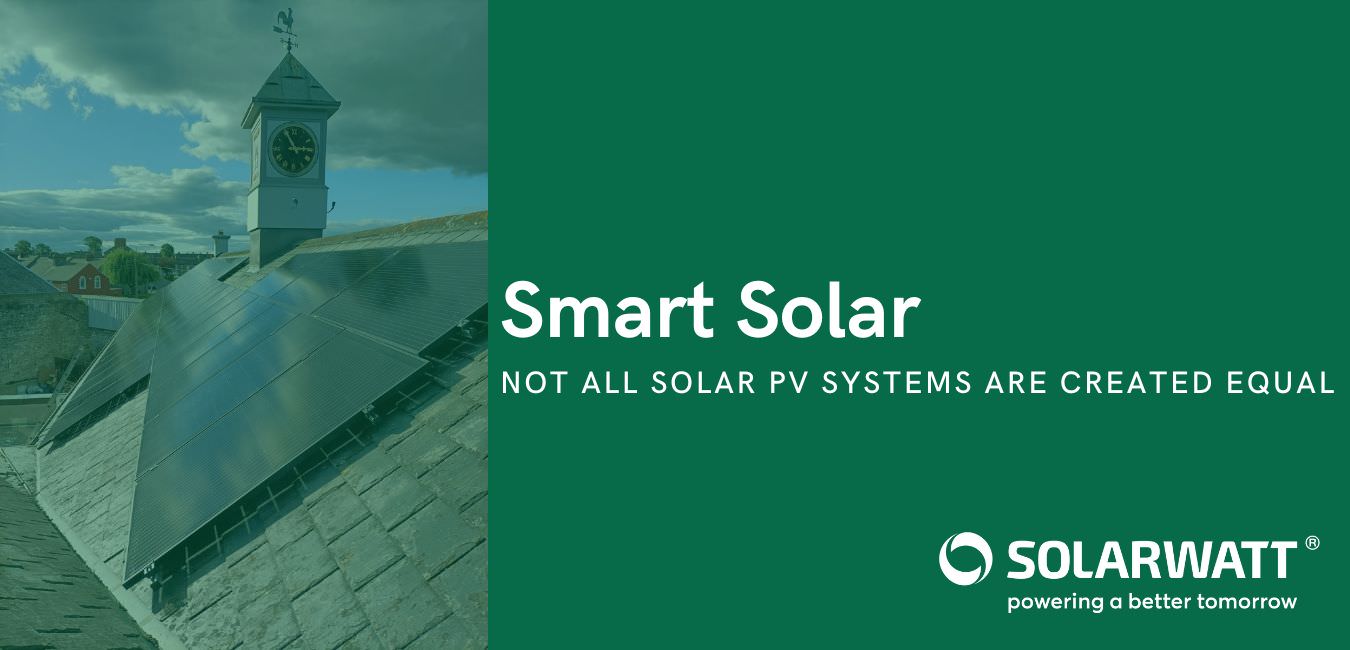
Smart Solar
Local Power installs premium Solarwatt PV smart solar panels and Fronius BYD battery storage systems. Solarwatt, part of the BMW family, is second to none for quality, reliability and value for businesses, farms and homes.
Our clients include:
Why choose premium smart solar panels from Local Power?
- German smart solar PV panels offering European 30 year product and 30 year performance guarantees
- Nationwide installation service, including Northern Ireland
- We advise and design your system to optimise for self-consumption
- With over 18 MW installed since being established in 2016, we have a proven track
record in commercial, agricultural, and domestic installations
Top-quality technology for every part of your smart solar system
Fronius Inverters
We use Austrian inverters which come with a 7-10 year manufacturer’s warranty which can be extended to thirty years at an additional cost.
Schweizer Mounting Kit
We use advanced mounting systems from Swiss manufacturer Schweizer.

My ENERGI smart technology
Local Power also offer our customers the option of intelligently diverting surplus electricity generated from the PV smart solar system to heat your water, power your heating and charge your electric car using My ENERGI technology.
We specialise in European warranted smart solar installations for business and farming
Start your smart solar journey
Our high-quality glass-glass panels are incredibly durable and offer decades of reliably high yields
Our Fronius Hybrid BYD Matrix and My Energi Battery options provide maximum safety, reliability, lifecycle and power.
Our BYD battery solution allows you to charge by day with solar and use by night so you can optimise for self-consumption from your smart solar PV generation. We will advise you on the best solution for your business.
Learn more about BYD Battery Storage
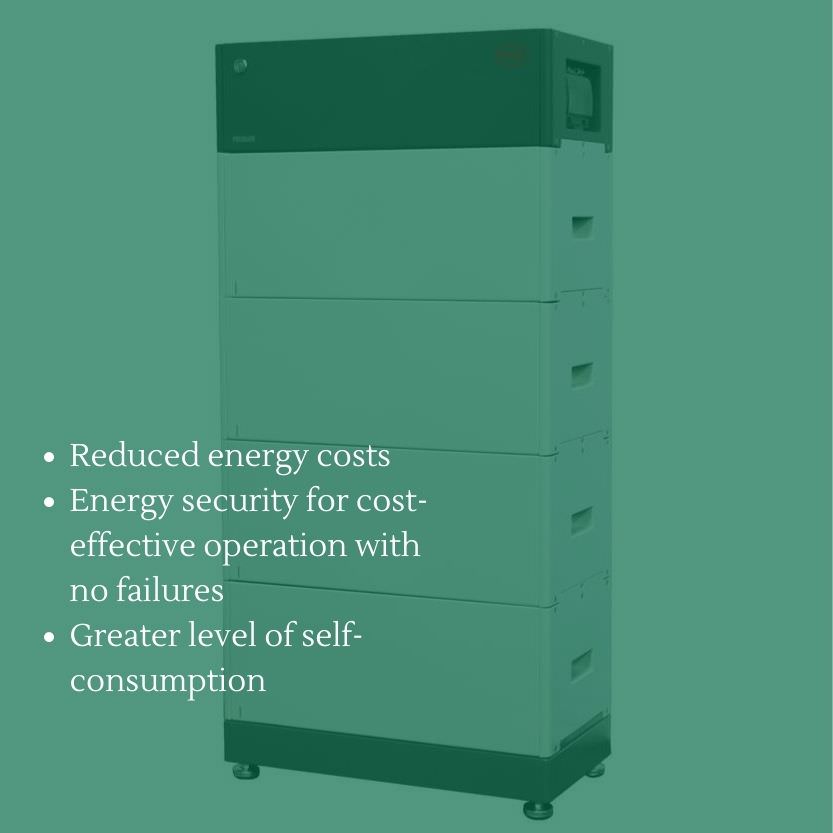
Smart Solar systems from Solarwatt come with 5 years of Full Coverage insurance free.
You can also choose to extend your coverage to 10 years from the start, for ultimate peace of mind. Same insurance, same protection – but better insurance conditions.


